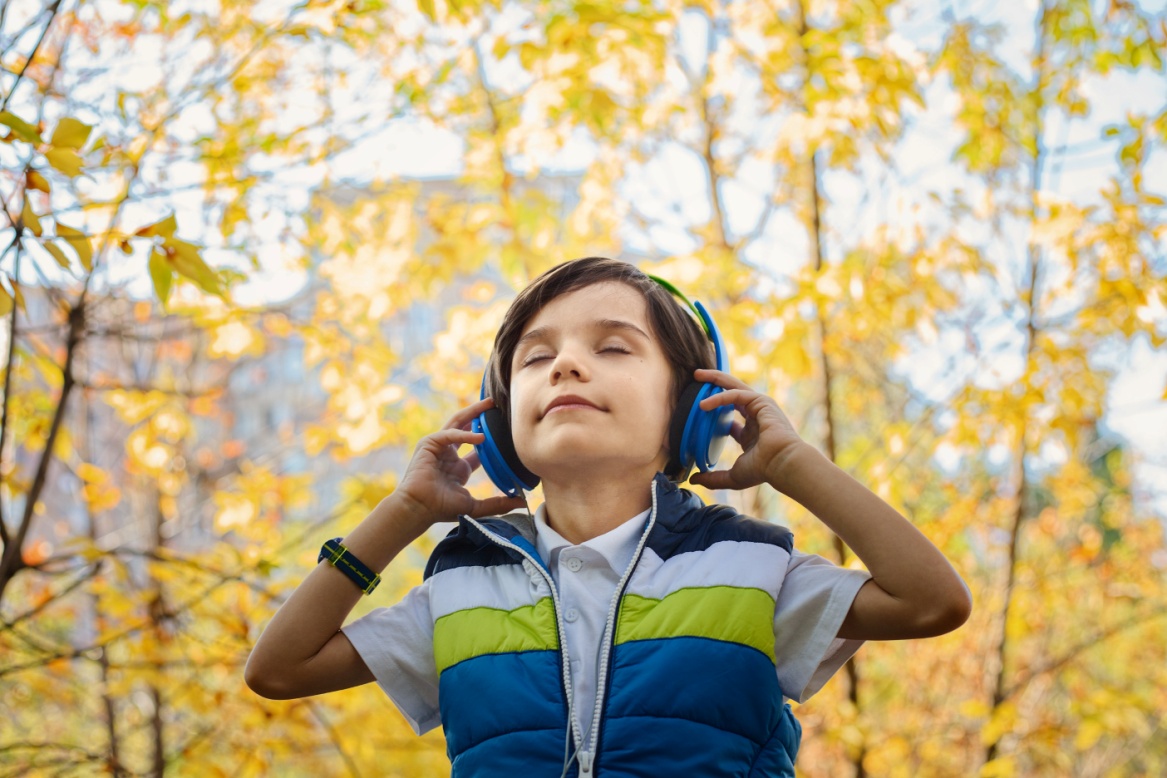Music is a language that everyone understands. It needs no words but can express feelings, emotions, and thoughts. For children with autism, music is a great way to help them express themselves. The music notes offer a soothing experience for children with autism and help them relax.
Here’s how music therapy activities for autism help children develop cognitive and emotional intelligence.
How Does Music Therapy Works?
Music therapy involves four steps: assessment, goal setting, activities, and evaluation. In the assessment stage, the therapist assesses the child to find out the severity of their issues and determine what strategies to use for music therapy. The therapist then sets goals depending on the child’s abilities.
After that, sessions are conducted with the child to see their response to the music therapy, and finally, the outcome is evaluated. Changes are made to make music therapy more effective. The therapy is usually conducted once a week for 20 to 50 minutes, but it can be adjusted according to the child’s needs.
How Does It Help Autism?
Better Social Skills
Lack of social skills is a common issue with autistic children. They struggle with understanding the context of words as well as the body language of others. As a result, autistic children struggle to differentiate between serious conversations and jokes. This causes their stress levels to elevate, and children might even start to panic. But with music therapy, their nerves remain calm, and they can better handle situations even if they don’t fully grasp the contextual cues in a conversation.
Improved Cognitive Abilities
Music is multi-sensory as it stimulates the child’s visual, auditory, and tactile senses. This enhances understanding and learning. The rhythm of the music enables the brain to make new connections enabling the children to improve their cognitive ability and mental health.

Helps With Emotional Intelligence
Children with autism have issues expressing their emotions. They have trouble understanding what others are saying and can struggle to express their feelings using words. Music helps improve neuron activity in the brain and reduce frustration. This helps kids get their point across easily without struggling too much. Moreover, listening to music also lowers stress and reduces mood swings commonly exhibited by autistic children.
Enables Better Communication
Music therapy enables autistic children to improve their communication. Since music is more about expression and is non-verbal, children can express themselves without using words. But that’s not all; continuous music therapy allows kids to relax in different environments and feel comfortable enough for verbal communication.
Learn More About Autism Resources In Miami With Helping Miami
Helping Miami’s website offers several guides designed to help you find resources for autism in Miami-Dade County. These resources include educational assistance, autism diagnosis, autism and music therapy, and medical help. Besides that, we also list blogs for DUI victim assistance programs, mental health, and fundraising in Miami. Read our blogs today to learn more about the assistance offered to the residents of Miami.

